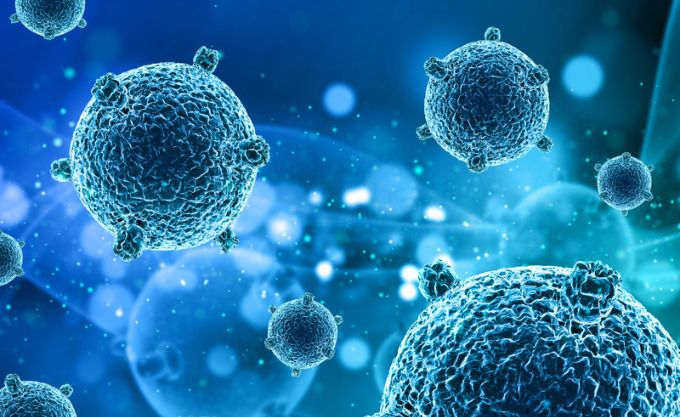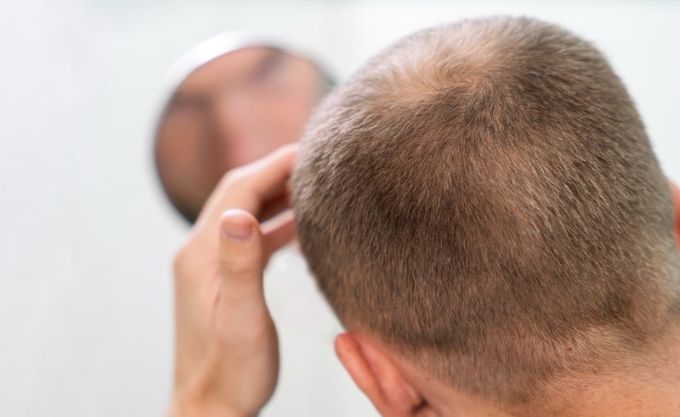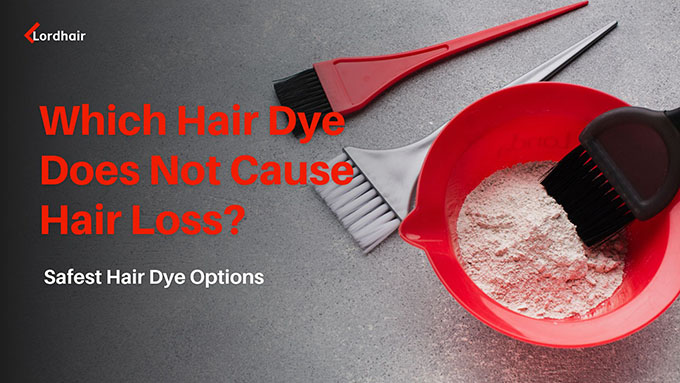DPCP Immunotherapy Shows Positive Results in Alopecia Areata Patients
- Written by Vivek Khullar
- | Published Sep 29, 2024
- |
- 3 min read
 Listen to the full text
Listen to the full textAccording to the National Center for Biotechnology Information, around 2% of people across the globe experience alopecia areata during their lifetime. While this number may sound very small to some, in reality, it affects over 7 million people in the US alone and around 160 million worldwide.
Surprised? Sadly, it’s true. But thanks to new research on DPCP immunotherapy, dermatologists have discovered encouraging results in patients battling this condition. In this blog, Lordhair will explore these findings. But before diving into the results, let us first understand what alopecia areata is and how it affects individuals!
What is Alopecia Areata?
Alopecia areata is an autoimmune disorder that causes hair to fall out in small, round patches. Dermatologists state that it happens when your immune system mistakenly attacks your hair follicles, seeing it as a threat to your body. Thus, resulting in unpredictable hair loss.
This condition affects people of all ages, genders, and ethnic backgrounds. Although alopecia areata usually targets the scalp, some patients have also reported facing hair loss in other areas of the body such as eyebrows, eyelashes, and facial hair.
Talking about the severity of alopecia areata, well, it varies. For some, hair loss caused by it may be temporary and resolve on its own. Others, however, may face long-lasting or even permanent loss. Despite being non-life-threatening, the emotional toll caused by alopecia areata can be significant. It can really impact your self-esteem and confidence.
Thankfully, advancements like DPCP immunotherapy are bringing hope to those looking for the best solutions for managing and reversing this challenging condition.

What is DPCP immunotherapy?
DPCP immunotherapy, also called diphencyprone immunotherapy, is a new promising treatment for alopecia areata. It involves applying a topical solution of DPCP to the affected areas of the scalp, triggering a mild allergic reaction. This reaction distracts the immune system from attacking hair follicles, allowing them to function normally and encouraging hair to grow back.
Has DPCP Immunotherapy Shown Results for Alopecia Areata?
Yes, DPCP immunotherapy has demonstrated promising results in treating alopecia areata, particularly in paediatric patients. A study about it was recently published in the Skin Health and Disease newsletter by Wiley. Treatment with DPCP led to a regrowth rate of 61.8% for any hair regrowth. Among these, 8.8% of patients achieved complete hair restoration.
Researchers observed that patients with less severe alopecia and shorter disease duration responded more favorably to DPCP. Those with patchy alopecia showed the highest positive response rates. And patients who underwent treatment for longer periods also witnessed improvement. For instance, patients treated for an average of 19.4 months experienced better hair growth compared to those treated for 13.2 months.
The study also indicated that a higher baseline Severity of Alopecia Tool (SALT) score was inversely related to the success of DPCP treatment. Meaning, men and women with more severe alopecia had a lower likelihood of responding to the therapy. Digging more into the study, Lordhair discovered that researchers followed a cohort of 97 paediatric patients, with an average age of 11.1 years.
The majority of them had previously been treated with topical steroids or minoxidil. By the 6-month mark, 51.5% of patients had no response to DPCP immunotherapy for alopecia areata. And 30.9% exhibited minimal hair regrowth. Partial and complete responses were observed in 14.4% and 3.1% of patients.
After a year of treatment, non-responders' percentage decreased to 38.2%, and 26.5% of them achieved minimal or partial regrowth. 8.8%, on the other hand, achieved complete regrowth of their strands on the head.
Check out these resources related to hair growth as well:
Learn about sugar hair growth
Nail rubbing for hair growth - does it help?
7 scientific hair growth tips for men and women
Are There Side Effects of DPCP Immunotherapy for Alopecia?
Just like every coin has two sides, DPCP also has its share of side effects. Our sources suggest that adverse effects including blisters and vesicles were reported in 38.1% of patients by the 6-month up. This increased to 55.9% by the 12-month follow-up.
Despite these side effects (which were mostly mild), DPCP immunotherapy has proven to be a viable option for managing alopecia areata in paediatric patients. Particularly when other treatments like steroids and minoxidil fail to deliver results.
Should I Consider Undergoing DPCP Immunotherapy?
Though the findings are promising, we would like to point out that DPCP immunotherapy is still undergoing research. The study that was conducted had limitations. For instance, the small sample size and single-center nature of the research. These could lead to selection bias.
But hey, at least a hope of light has emerged! Let researchers advocate for more long-term, multi-center studies to better understand the full scope of DPCP immunotherapy’s efficacy compared to other treatment modalities.
Lordhair will update the blog as soon as more results appear on the surface.

What To Consider In The Meantime?
If you’re dealing with alopecia areata or any other condition that has led to bald patches, it’s best to explore treatment options by consulting a dermatologist. They will recommend the best options based on your specific condition. However, while waiting for the results, you can turn to hair systems. They are the safest and quickest way to restore appearance and confidence!
Lordhair offers high-quality, hyper-realistic wigs for sale and men’s hair pieces made from 100% human hair. These are designed with comfort in mind, that too using durable materials for the base. Our hair systems ensure a natural look and long-lasting wear.
Plus, they are affordable. The best part? With our custom options available, you can craft them to suit your personal style and needs. Here, check out this video to see how amazing one can look in our non-surgical hair replacement:
DPCP Immunotherapy for Alopecia Areata: Final Words
Above is everything you need to know about DPCP immunotherapy for hair loss recovery. While more research needs to be conducted, one thing is for sure: there’s still hope for those dealing with alopecia areata. The study that we talked about today has presented a potential path toward hair regrowth and better management of the condition.
What are your thoughts about this news? Share them with us in the comments! In case of queries, drop us a comment or reach us through social media to speak with our hair experts.



